In a stinging accusation that could rend opposition alliances and reshape Kenya’s 2027 trajectories, rail veteran political analyst Ndung’u Gachane has publicly warned that Raila Odinga may be “playing” President William Ruto—juggling ambiguous alliances, conflicting signals, and strategic ambiguity designed to benefit his own ambition rather than any unified opposition front.
Signals, Shifts, and Strategic Mastery
According to Gachane, Raila’s public maneuvers over the past weeks have sown confusion: one moment endorsing the 2023 Memorandum of Understanding (MOU) between ODM and UDA; the next hinting that his party may field a presidential candidate in 2027 despite earlier commitments. He has defended parts of Ruto’s agenda even as internal voices in ODM rail against government policy.
This dual posture—cooperation coupled with defiance—is now being interpreted not as indecision but as calculated positioning. Raila, Gachane suggests, is maintaining maneuvering space: loyal enough to avoid antagonizing the ruling bloc today, but free to pivot later.
Risks for the Opposition and ODM
- Erosion of Trust: Grassroots ODM cadres and allied politicians are increasingly uncertain whether the party remains an opposition force or a junior partner in Ruto’s coalition.
- Fissures Within: Key ODM leaders—like party secretary Edwin Sifuna and defectors within—are reportedly pushing back against Raila’s ambiguous posture, pushing for clarity, not ambiguity.
- Opposition Credibility: If Raila is perceived to be placating Ruto while keeping his options open, rival parties and the public may view the opposition as lacking backbone or coherence.
Why This Matters Now
With 2027 looming and political fault lines sharpening across the country, every statement, every alliance shift, and every public denial counts. Raila’s approach may allow tactical flexibility, but it also risks alienating core support before key campaign phases begin.
If he is, in fact, “playing” Ruto, the move may succeed—if handled well. But if miscalculated, it could fracture ODM, weaken opposition unity, and yield an advantage to those who stake firm positions now.


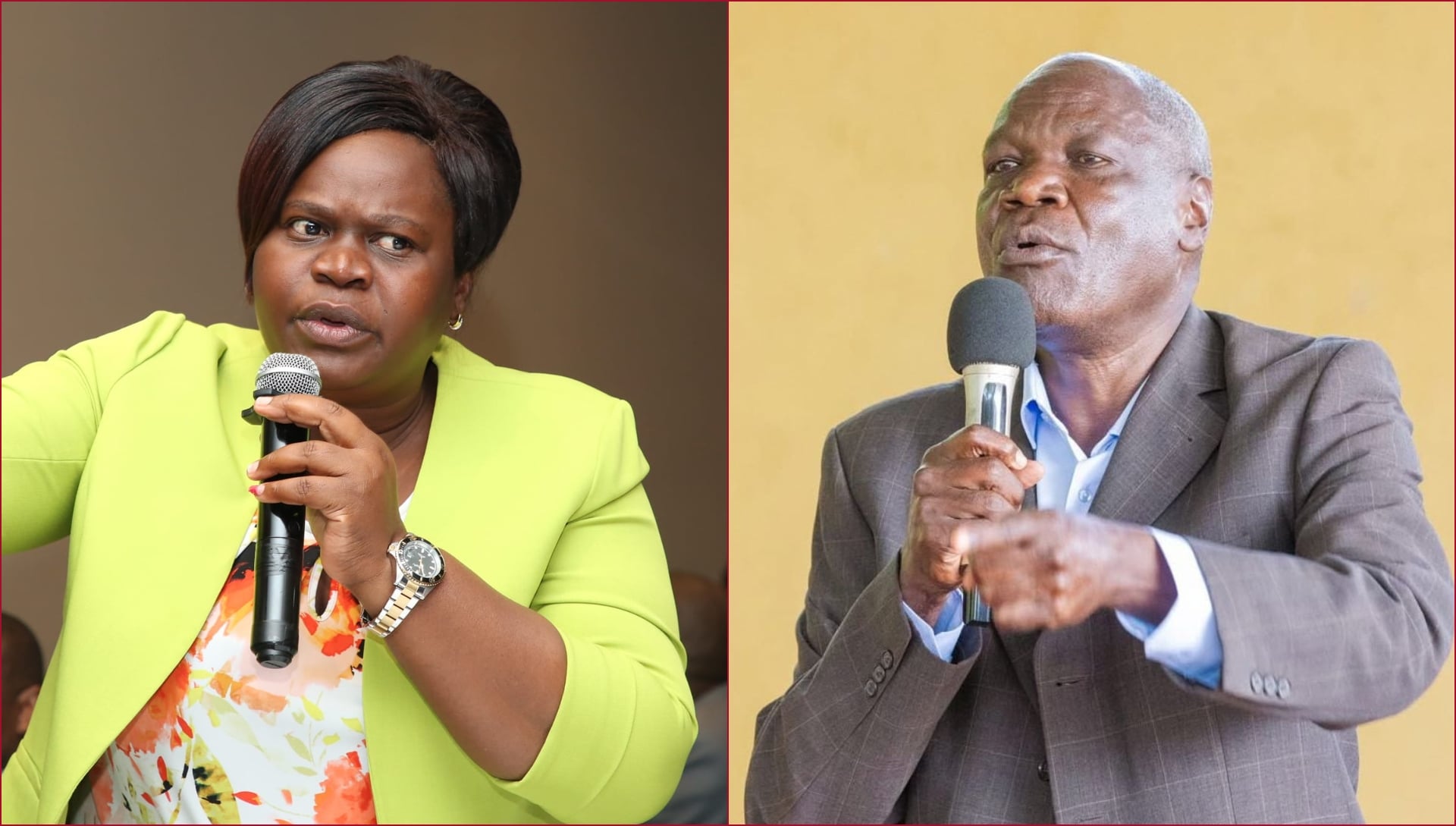
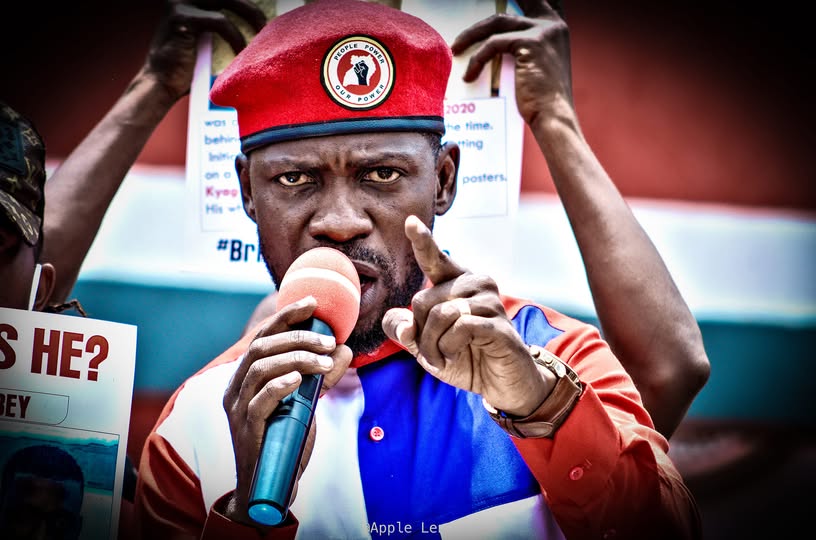
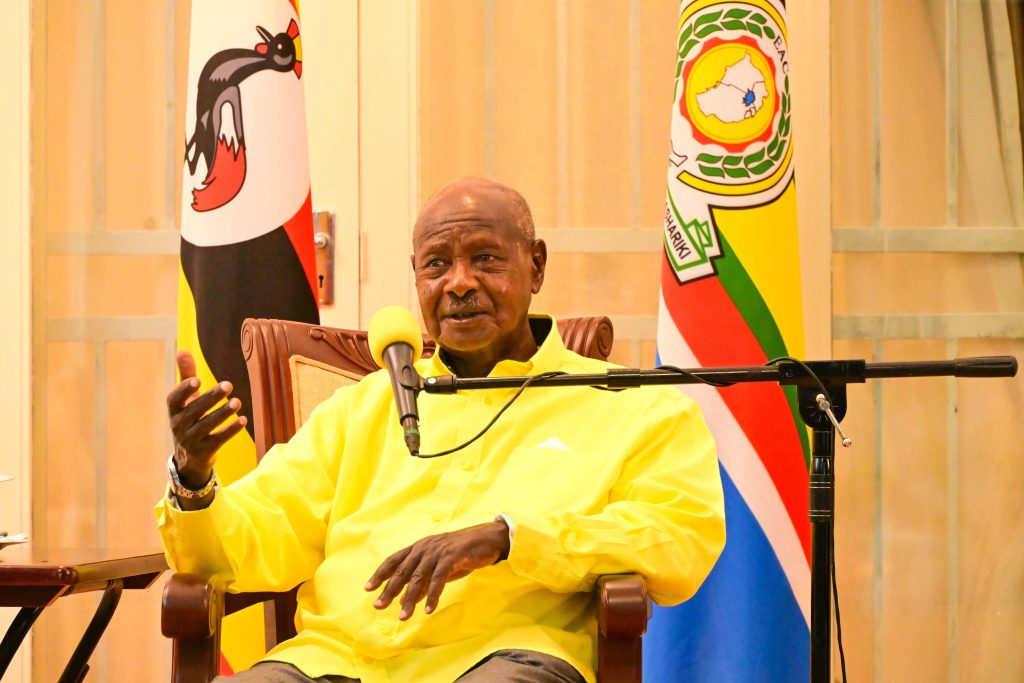
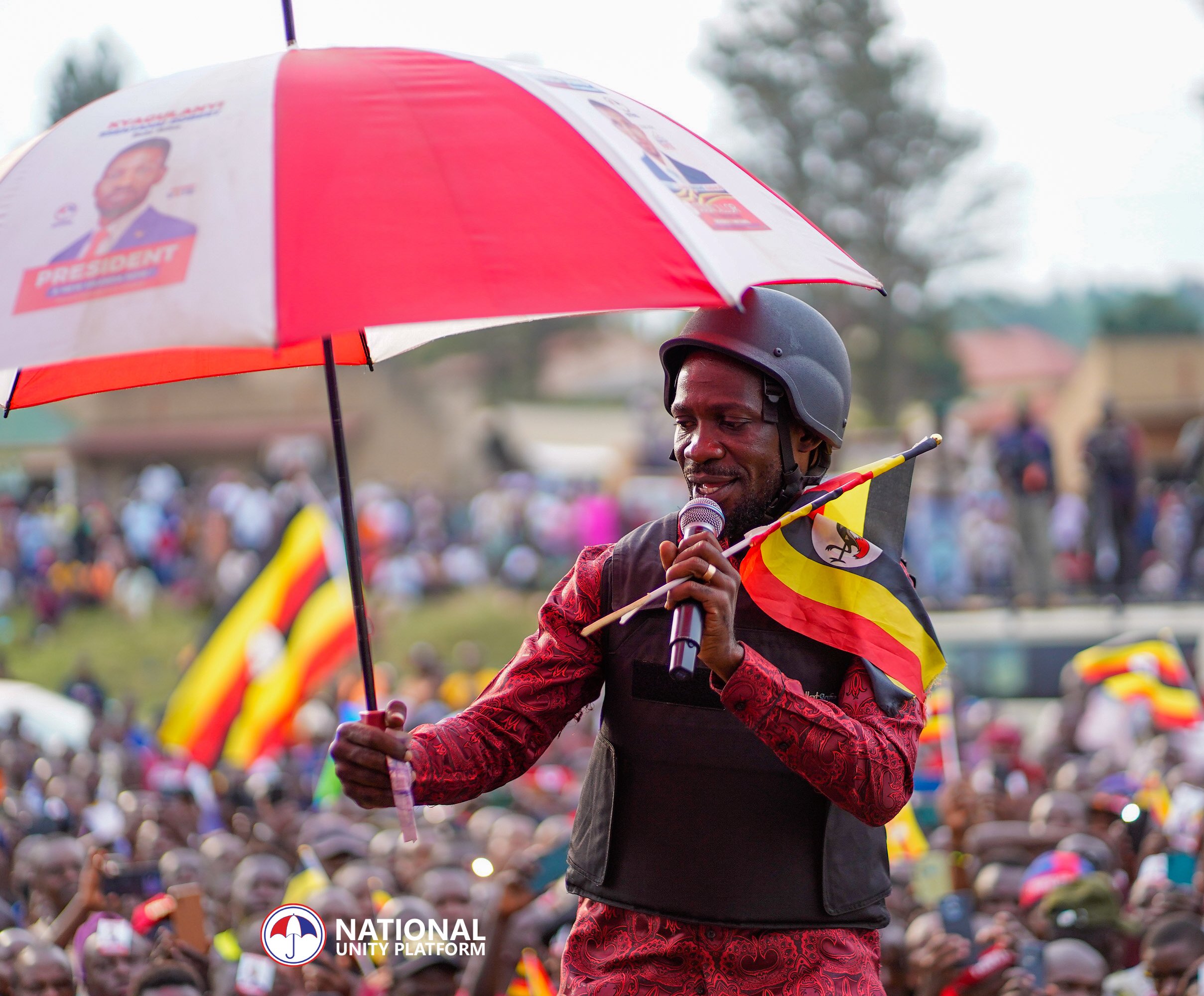
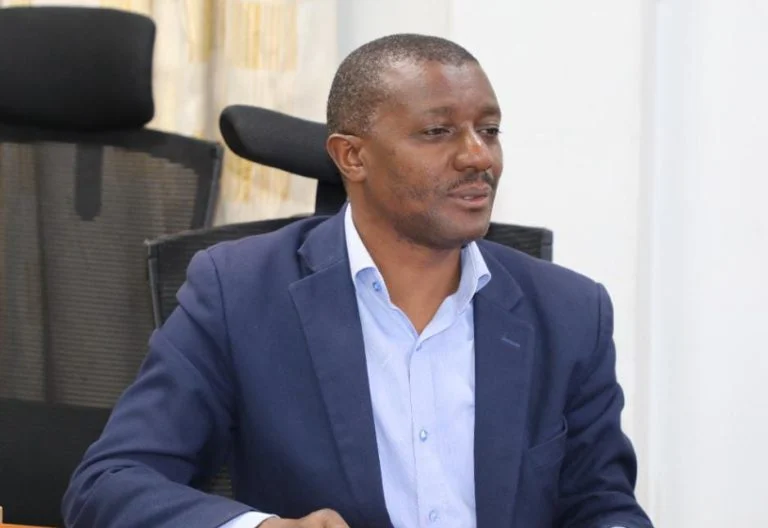

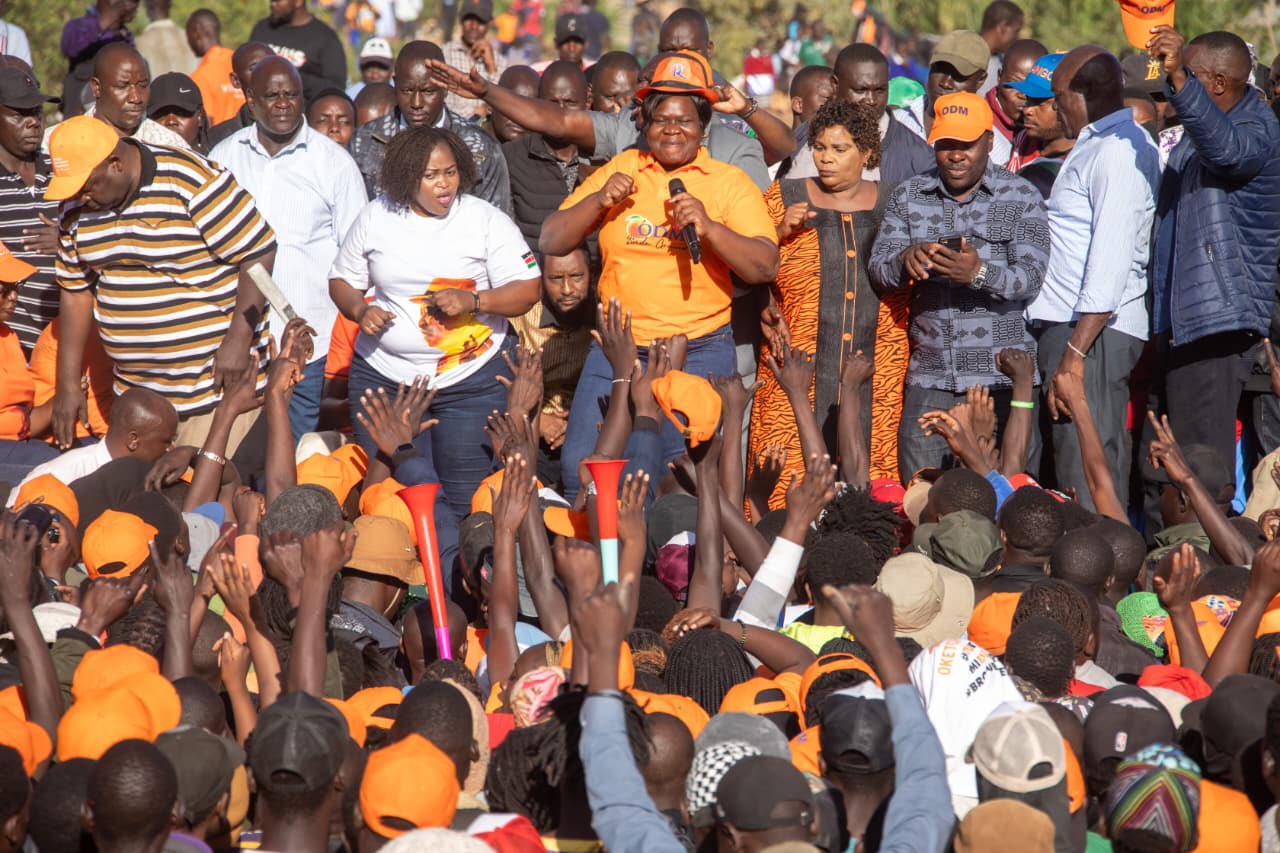
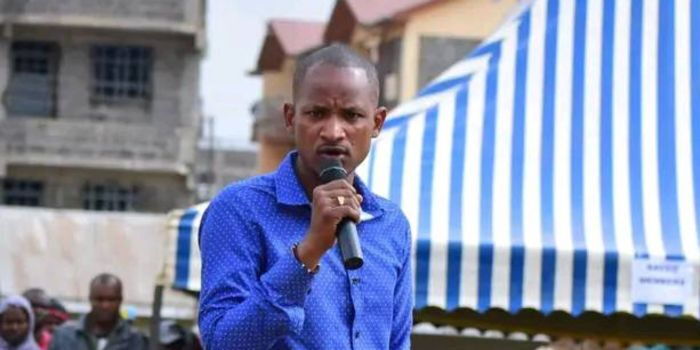


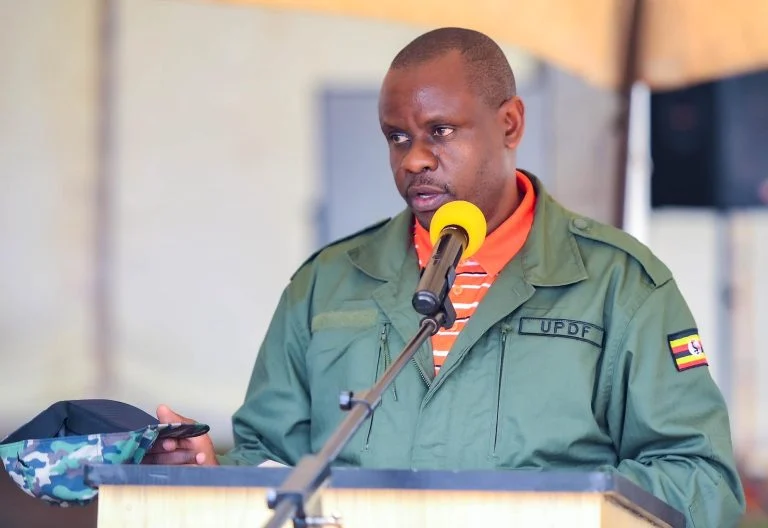

Leave a Reply